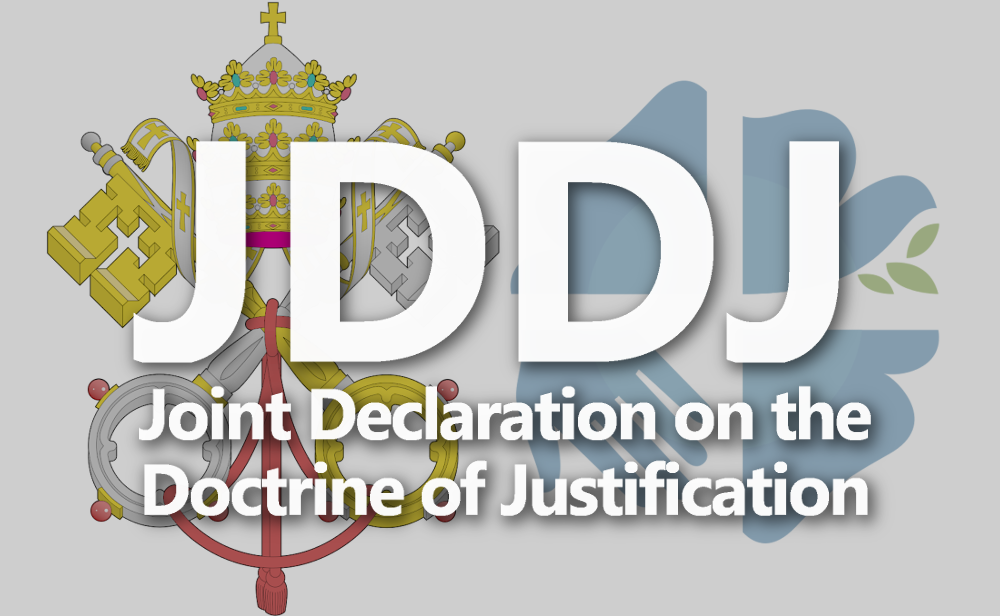The ‘Joint Declaration on the Doctrine of Justification’ in brief
On October 31, 1999, the Lutheran World Federation and the Catholic Church signed the "Joint Declaration on the Doctrine of Justification.
Oct 12, 2017

By Samuel Wagner
On October 31, 1999, the Lutheran World Federation and the Catholic Church signed the "Joint Declaration on the Doctrine of Justification." What is this? Today, the doctrine of justification isn't a common theme on Sunday mornings in Catholic or Lutheran parishes.
Moreover, understanding the means of justification ("by faith and through grace") might seem like an exercise in mental gymnastics rather than anything of real practical value in our day-to-day lives. Yet, these were church-dividing issues for nearly five centuries.
Awareness of Martin Luther's historical context can be helpful in understanding the joint declaration. Luther, though typically remembered as the quintessential rebel, believed himself to be a faithful servant of the church until his death in 1546. As modern scholarship, both Lutheran and Catholic, has made clear, Luther never intended to divide the church.
In the spring of 1517, the stage was set for a perfect storm. Johann Tetzel, a Dominican friar, was in Germany under papal order to raise funds for St. Peter's Basilica in Rome. The strategy was the sale of indulgences. For a fee, the church would intervene and shorten the length of purgatory for loved ones. It was an effective and popular scheme among the townspeople.
However, the practice troubled Luther, then an Augustinian monk and professor of theology in Wittenberg. He had a simple question: How is a sinner justified? That is, who or what forgives sins and grants salvation? Is it something we do?
Further, as the sale of indulgences implied, could the church, or the pope, mediate forgiveness and salvation?
Luther had his "aha" moment in reading Romans. He arrived at the understanding that Christ alone mediates forgiveness of sins and grants salvation; salvation is a gift of God's grace through faith. Luther's writings around this insight, in addition to his 95 Theses, didn't spark the fruitful theological exchange within the church he had intended.
Instead, it began a rupture in the church. In 1521, Luther was excommunicated. Hostility and an unwillingness to dialogue, on both sides, ensued. For the reformers, justification by faith alone became "the doctrine by which the church stands or falls," a view held in opposition to so-called "works righteousness."
Caricatures of this issue ("Catholics believe they are saved by good works," or "Lutherans don't believe good works are important") were common for several centuries. It was not until the Second Vatican Council (1962-1965) that a genuine theological discussion between Catholics and Lutherans became possible.
To date, the great achievement of those conversations is a joint understanding that we are justified, or saved, by our faith through God's grace, and that good works are a natural result of a life lived in Christ. Christian living is not a choice between good works or faith, but an interconnectedness of the two.
The "Joint Declaration on the Doctrine of Justification" is a milestone in Catholic-Lutheran dialogue. The document expresses, in theological language, that Catholics and Lutherans agree that salvation is mediated by Christ, by faith, through God's grace, and that this necessarily leads to good works that further God's kingdom.--CNS







Total Comments:0